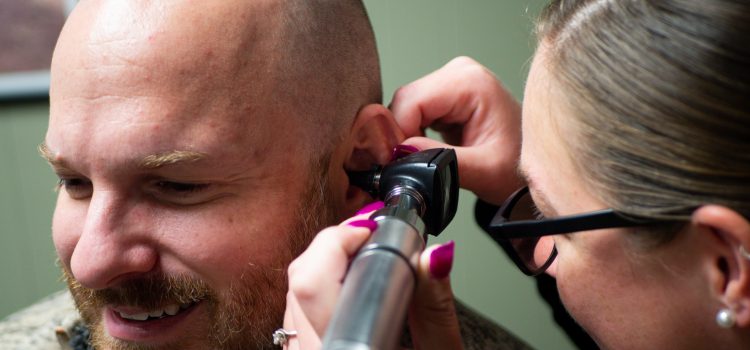
The Deaf community is calling for greater attention to the pressing issues they face on a daily basis. Despite progress in areas such as accessibility and representation, there are still significant challenges that must be addressed in order to ensure equal opportunities for Deaf individuals.
One of the key issues facing the Deaf community is access to communication. Many Deaf people rely on sign language as their primary mode of communication, but there is a lack of access to sign language interpretation in many areas of daily life, from education to healthcare to employment. This can lead to significant barriers in accessing information and services, as well as feeling isolated and excluded from society.
In addition, there are ongoing challenges related to education and employment. Many Deaf individuals do not have access to quality education or resources that support their learning needs, leading to lower levels of educational attainment and limited career opportunities. Discrimination and misconceptions about the abilities of Deaf people also prevent them from advancing in their careers and achieving financial stability.
The COVID-19 pandemic has only exacerbated these challenges, with Deaf people facing additional barriers in accessing information and services. Many public health communications have not been accessible to Deaf people, and virtual communication and telemedicine services often do not offer adequate support for sign language interpretation.
Deaf advocates are calling for greater attention and action on these pressing issues. They are pushing for greater access to sign language interpretation in all areas of life, as well as increased resources and support for Deaf education and employment. In addition, they are calling for greater representation of Deaf people in all aspects of society, including in media and politics.
It is important for society as a whole to recognize the needs and experiences of the Deaf community, and to take action to address the challenges they face. This means promoting accessibility and inclusivity in all areas of life, as well as challenging ableist attitudes and assumptions that prevent Deaf individuals from fully participating in society.
One way to support the Deaf community is by learning and using sign language. This not only helps to bridge communication barriers, but also demonstrates a commitment to inclusivity and accessibility. In addition, supporting Deaf-led organizations and advocacy groups can help to amplify the voices and concerns of the Deaf community, and work towards greater change and progress.
In the end, it is up to all of us to listen to and support the Deaf community in their efforts to advocate for their needs and achieve greater equality and inclusion in society. By recognizing and addressing the pressing issues faced by Deaf individuals, we can work towards a more just and equitable world for all.










